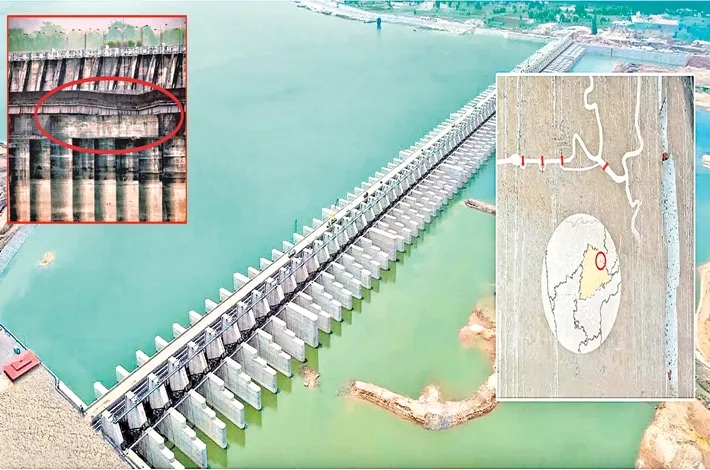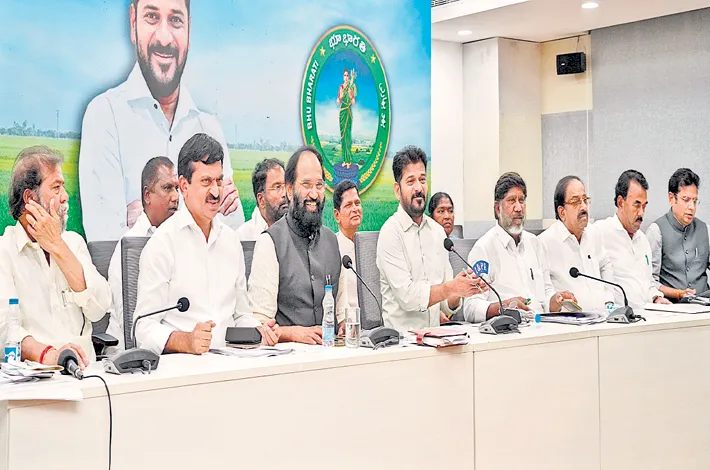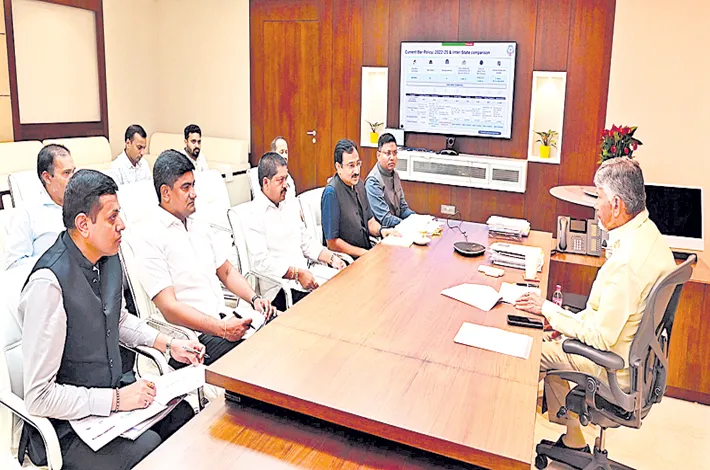Illegal immigrants make the SIR exercise necessary
24-07-2025 12:00:00 AM

The SIR process is complicated by the high degree of mobility among residents of Bihar as the state exports workers across the country
Back in 2008, a CBI investigation cast doubts on Congress MP MK Subba’s claim to Indian citizenship. A charge sheet was filed, and the case continued until Subba’s death in 2019. The full story may never come to light, but the very idea that a person of allegedly doubtful citizenship could enter Parliament is disturbing. The Special Intensive Revision (SIR) of electoral rolls, currently underway in Bihar, is an attempt to introduce safeguards.
Ideally, India needs a periodically updated National Register of Citizens (NRC), as citizenship is a prerequisite for voting. But the first effort to create such a register failed spectacularly. Thanks to sub-par software and bureaucratic inefficiency, the NRC in Assam produced a list riddled with errors. Some 19 lakh people could not prove their claim to citizenship, and their status remains unresolved. Small wonder the central government abandoned the idea of a countrywide NRC. That a sovereign country should know how many citizens live within its borders is a given, but the government is reluctant to open a can of worms.
However, the sanctity of the electoral process must be protected, and it is the responsibility of the Election Commission of India (ECI) to scrutinise and update the electoral rolls. The manner in which the SIR is being conducted may be debated, but it can be no one’s case that it is unnecessary.
The one person-one vote rule could be violated if people are registered as voters in more than one constituency. Votes could be fraudulently cast on behalf of dead persons. And some voters could well be illegal residents. Already, the ECI has pointed out that 26 lakh alleged voters had shifted residence on a permanent basis, 7 lakh were registered as voters in other constituencies and 18 lakh had passed on. These figures underline the necessity of updating electoral rolls after thorough verification, not just in Bihar but across the country.
The plethora of government-issued identity documents doesn’t make the ECI’s task any simpler. Citizens assume that the Aadhaar card, PAN card, driving licence, passport, ration card, birth certificate, domicile certificate and school-leaving certificate are adequate proofs of citizenship. Each of these has a different purpose, and all of them amount to proof of identity and/or residence in India, but not of citizenship. Only those born before 1987 are citizens by default.
As the Bombay High Court pointed out in 2013, if you were born after 1987, you must show that at least one of your parents is an Indian citizen. And if you were born after 2004, both parents must be Indian citizens, and neither can be an illegal immigrant. An illegal resident is defined as someone who has entered India without valid travel documents or has overstayed their visa.
In Bihar, the ECI has chosen to accept the electoral rolls of 2003, so only those who have registered to vote thereafter are scrutinised. But no single document suffices as proof of citizenship; hence, the need for door-to-door surveys to establish eligibility beyond reasonable doubt. A certain degree of discretion is involved, but that is true for other government processes as well. The Supreme Court in Lal Babu Hussein & Others v. Electoral Registration Officer & Others called for procedural fairness and a thorough and transparent process of verification, something the ECI must keep in mind.
The SIR process is complicated by the high degree of mobility among residents of Bihar because the state exports workers across the country. Many of them, for instance, have settled in Punjab. For migrant workers, sourcing documents can be problematic as they are far from their place of origin. Some may even have lost touch with their village. Further, thanks to a high incidence of home births and issuing of birth or school certificates without verification, the validity of these documents cannot be accepted at face value. Inconvenience caused to citizens is an inevitable outcome of shoddy and suspect documentation, but there’s no way around it.
Long-term, the government must find a way of implementing the NRC. To this day, cross-border migration from Myanmar and Bangladesh continues unabated, particularly in the Northeast. The centre’s efforts to detect and deport illegal immigrants are often frustrated by state-level politicians and officials. In any case, ad-hoc identification and detention exercises are time-consuming and have limited success.
A majority of citizens are unlikely to protest the NRC, as they are less resistant to enumeration than they used to be. Psychologically, enumeration is now linked to entitlements, such as subsidised food, housing and cooking fuel, where previously it was linked to taxation by exploitative regimes.
But minorities continue to be fearful, lest they be unable to prove citizenship to the satisfaction of officials. The Opposition has framed the NRC as a means to disenfranchise minorities. Equating enumeration of citizens with deportation allows them to oppose it on ideological grounds and create a fear factor among minorities.
The government must address the elephant in the room. Yes, illegal migrants coming to India are largely Muslims, so in certain states, the community as a whole may find itself under relatively greater scrutiny. Training officials to avoid profiling and go the extra mile in assisting and accommodating those who don’t have adequate documentation could go a long way in bridging the trust deficit.








